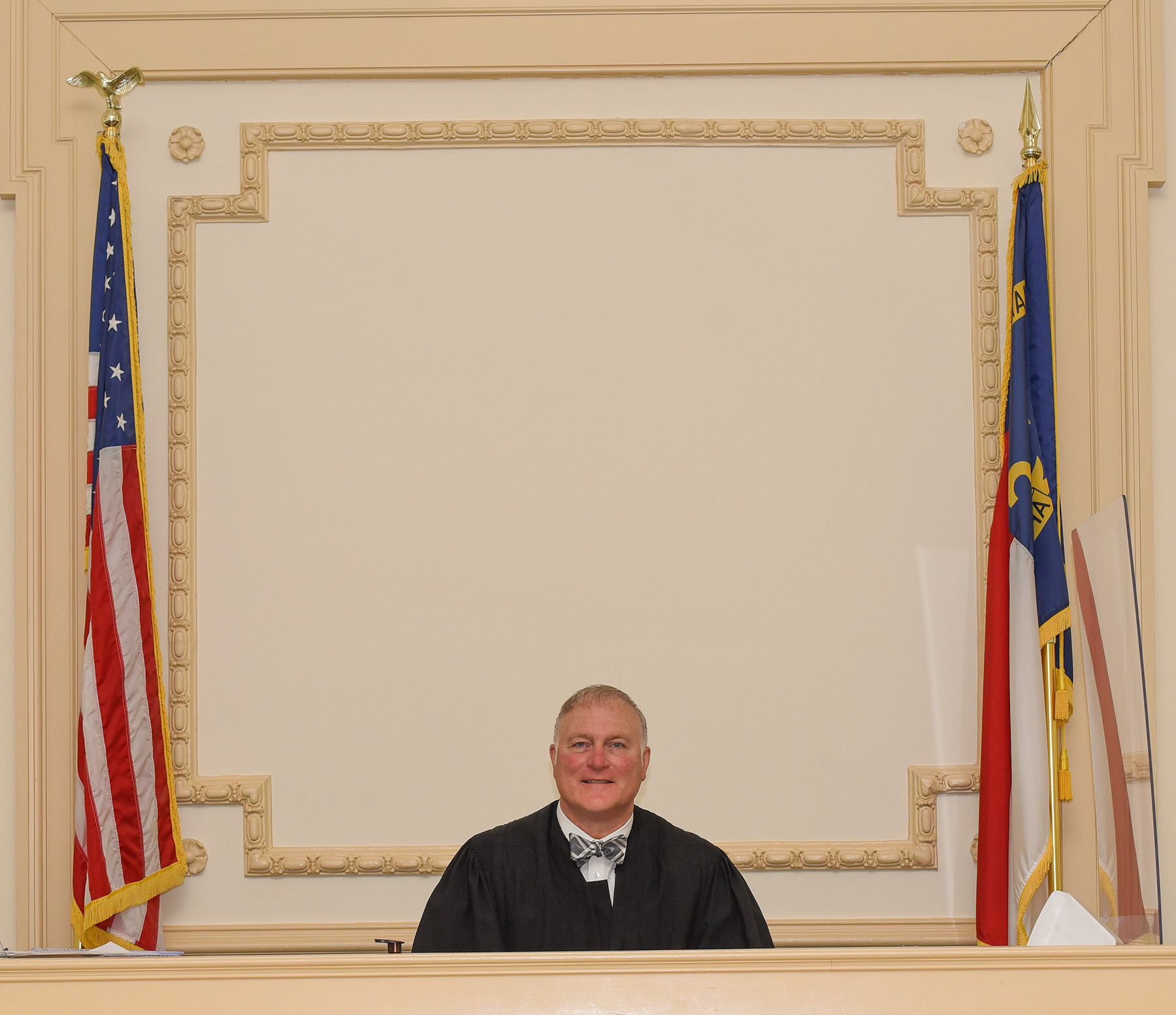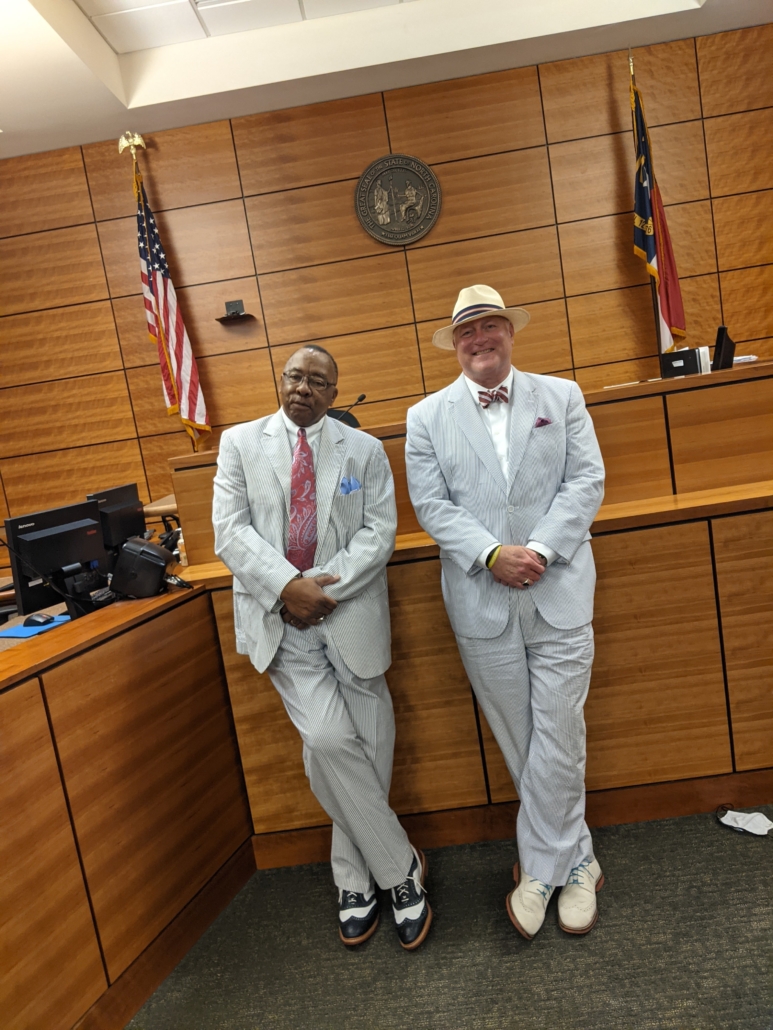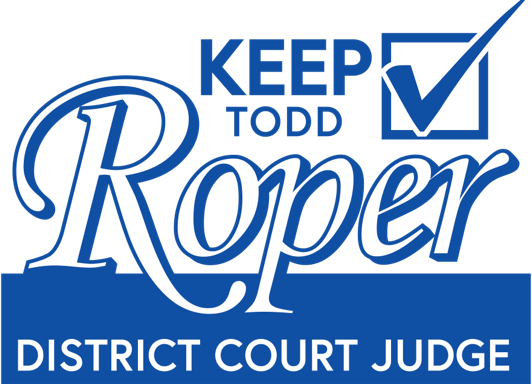Judicial Philosophy
District court is the largest volume court of the people. It manages cases involving everyday personal interactions. District court judges must manage people’s lives as they intersect with the judicial system.
A district court judge will find himself or herself making decisions in legal disputes involving parents over custody and support of their children, persons charged with crimes and the state’s prosecution of them, domestic violence between persons in personal relationships, determining the fate of children charged with crimes, making children safe from abused or neglected situations, and involuntary commitments of those mentally ill. On any given day, a district court judge may handle hundreds of cases involving assaults, drunk driving, speeding, larcenies, abuse of children, neglect of children, terminating parental rights, automobile collisions, delinquency, mental illness, emancipation, contract disputes, land transactions, and more.
To manage this type of court, a district court judge must:
- Listen
- Treat every case as the most important because in that moment, it is the most important event for all parties involved
- Take one case at a time providing the parties and their litigants the utmost attention
- Treat all persons within the courtroom with respect
- Maintain orderly proceedings
- Manage all persons appearing in court
- Allow everyone a full opportunity to be heard
- Make decisions so people can move on with their lives
- Uphold the constitution of the United States and North Carolina in all cases
- Exercise equity when the situation calls for it
- Have mercy when it is appropriate
- Have compassion
- Be fair
- Be impartial
- Protect the community
- Make the community better
- Help people to become the best they can be for themselves, their family and their community
- Work hard
- Be on time to handle the court’s business for the day
- Be available to discuss the court and improve community perception of the judiciary
- Be aware of systemic racism
- Know the law by keeping up with its changes
I pledge to follow all of the above and will make decisions which incorporate balanced reasoning and impartial decision making based on the laws and facts of each case. I will continue to give everyone an opportunity to be heard, recognize systemic racial problems, allow people to gain control of their lives, and in return, make our community safe and grant each person the ability to be the best they can be!
Lastly I pledge to be the gatekeeper of our children, community and constitution.
Bailiff Willie Bell and Judge Roper
Please take a moment to review my swearing in celebration for a summary of my beliefs.



